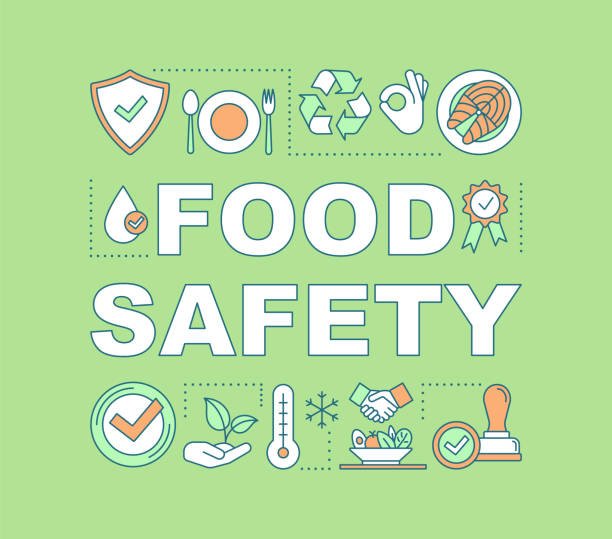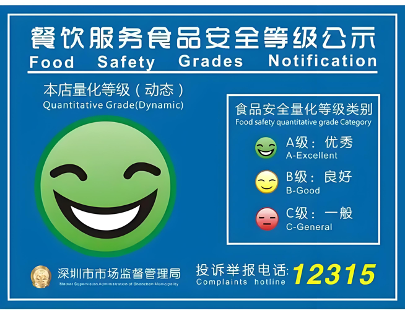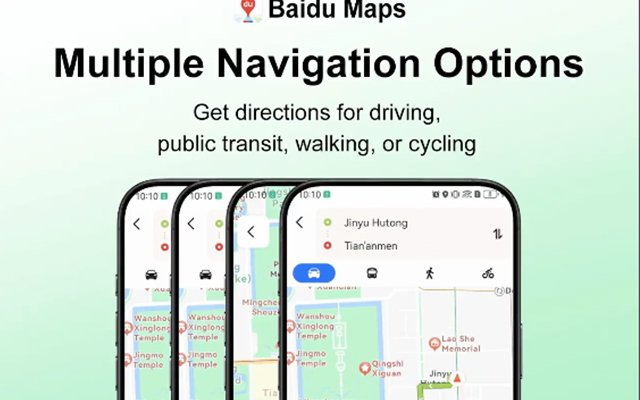By xiaoyue\June 13 2025

China has made significant progress in food safety management in recent years (especially in cities), and food hygiene standards are trustworthy.
The government has strengthened food regulation, and the catering industry generally enforces strict hygiene standards and conducts regular inspections.
China has established a comprehensive food hygiene regulatory system. The Food Safety Law ensures that food is handled and served in accordance with national standards, and restaurant hygiene grade markings (A/B/C) are readily apparent to consumers.
In addition, the widespread use of mobile payments promotes contactless food service and reduces the risk of cross-contamination.
Farmers’ markets in core cities have been modernized and upgraded to ensure the safety and freshness of ingredients.
That said, we recommend that you choose to dine at restaurants that have obtained a legal business license in China and have a fixed place of business.
We also advise you not to buy food from mobile street stalls without a fixed address, as some of the food sold at street stalls may look very clean and appealing,
but may have hidden dangers. If you really want to try street food, then it is recommended that you go to a local food street or to a mobile stall where many locals buy.
Choose a safe restaurant: According to Chinese law, restaurants are required to display their “business license” and “health permit” in a conspicuous place, and the government will regularly inspect the hygiene condition of the restaurant and grade it according to the results of the inspection.
It is recommended to choose restaurants with “A” (excellent) hygiene rating, followed by “B” (good) and “C” (qualified), and avoid restaurants with “D” (undergoing renovation). Avoid “D” (in the process of rectification) restaurants.


